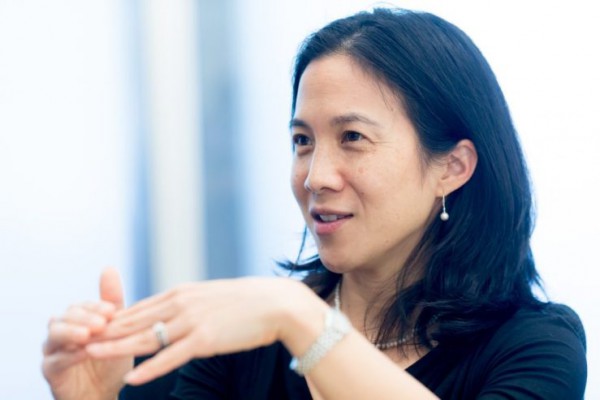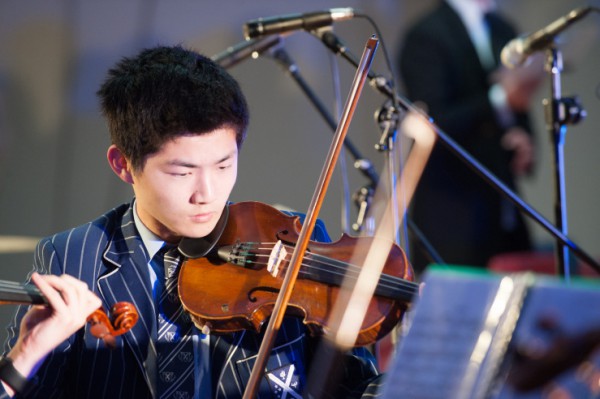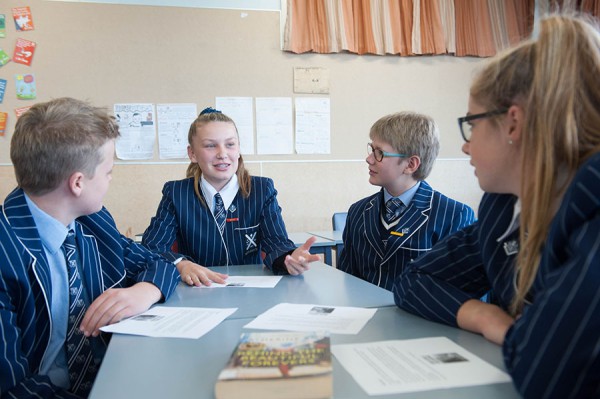
You are logged in as
Logout
You are logged in as
Logout
A sense of accomplishment is important for our overall well-being. All our students want to feel they are making progress.
The school years are where we grow our foundations for adulthood and achievements during this time go a long way to predicting our future opportunities and outcomes. A wholehearted sense of accomplishment builds self-efficacy and a desire to work towards more challenging goals.
There are a few things to understand about accomplishment. And it all comes down to mindset.
Research from PISA and pre-eminent management consultants McKinsey & Company reinforce that mindset is the most significant predictor of success. Can you believe that student mindsets have double the effect of socio-economic background on educational outcomes? You can read about this fascinating research here.

Effort is more important than talent
Educators and coaches see this, day in and day out. Yup, effort counts. Students with passion and perseverance meet their potential in the long term (and they are in it for the long term).
The experts agree.
Professor Angela Duckworth of the University of Pennsylvania says; “Our potential is one thing. What we do with it is quite another,” and, “as much as talent counts, effort counts twice.” Professor Carol Dweck, from Stanford University reinforces this stressing “no matter what your ability is, effort is what ignites that ability and turns it into accomplishment.”
Duckworth’s research concludes that the secret to outstanding achievement is not talent but a special blend of sustained passion and persistence she calls “grit.”

When students employ a growth mindset, they believe their success is based on continual learning and that intelligence can grow. And they are right, it does. Neuroscientific research about brain plasticity reinforces that practice and effort strengthens neural pathways via myelination.
“Did I win? Did I lose?” Those are the wrong questions. The correct question is: “Did I make my best effort?”.
Knowing this, we should praise effort; when it creates progress.
Challenge is an opportunity
Struggle, frustration and failure are a natural part of the learning process. Learning is hard. To accomplish challenging goals, students need to be able to withstand challenges and setbacks. It’s about resilience.
Students who embrace the process of learning for learning’s sake, see failure as something that enhances their learning. Setbacks, while perhaps disappointing, are not an indictment of a permanent ability but rather a part of the learning process. This perspective of challenge is cultivated when students keep sight and value long term goals, over immediate and short-term assessments.
Carol Dweck has some good advice on this:
“If you want to give children a gift, the best thing you can do is to teach children to love challenges, be intrigued by mistakes, enjoy effort, and keep on learning. That way, they don’t have to be slaves of praise. They will have a lifelong way to build and repair their own confidence.”

Learning is social
Our brain is a social organ and our minds are stimulated, regulated and shaped by those around us. There is no doubt we grow, learn and accomplish our goals through interacting with others. Neuroscientist, Mary Helen Immordino-Yang has conducted fascinating research, using fMRI scans to show the impact that inspiration, compassion and admiration of human talent has on the human brain. Activation of the medulla (very close to the brain stem) shows human connection and collaboration is linked not only to learning, but also to our basic survival. You can hear more about this research here.
Students who collaborate, ask questions and interact with others are more likely to experience accomplishment. They seek feedback. Where am I going? How am I going? Where to next?
Competition may motivate and engage students in the short term. But in the long term, social comparison can be associated with the production of stress hormones which impact emotional balance, logical thinking and creative insight. On the other hand, investing energy into collaboration works positively on the architecture of the brain and encourages critical and creative thinking.

When students develop a growth mindset, they shift from a judge-and-be-judged framework to a learn-and-help-learn framework. Their commitment is to growth, and growth takes plenty of time, effort, and mutual support. They appreciate people have a diverse constellation of character strengths and that intelligence can be measured in a multitude of ways (emotional intelligence, creativity, social intelligence, academic ability etc.).
Understanding the links between mindset and accomplishment can help us all to flourish. How does your mindset impact on your ability to feel accomplishment in your life?
Kerry Larby, Head of Well-being and Positive Education
You can read about the St Andrew’s College model for well-being here.